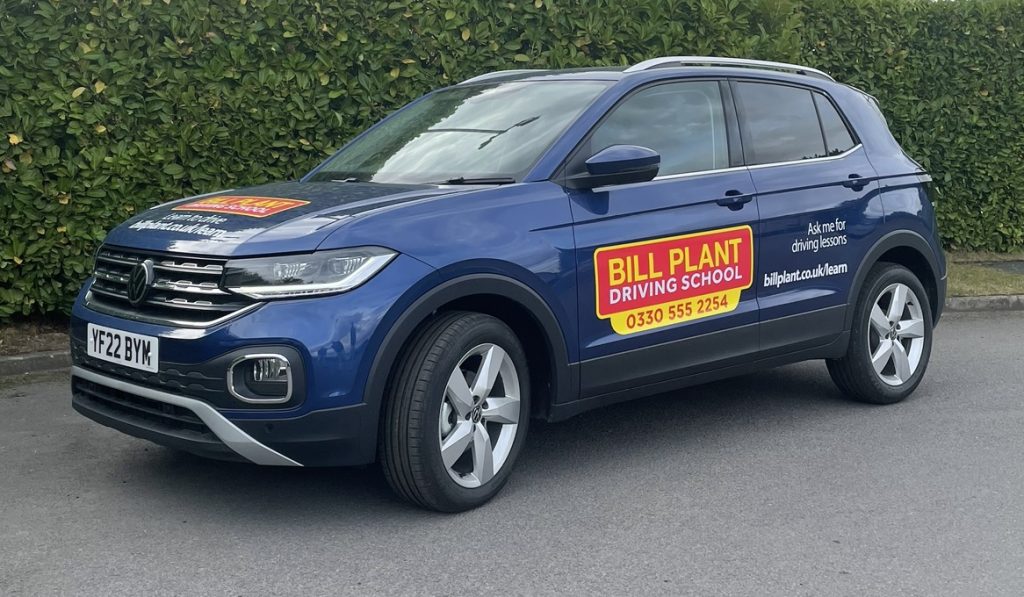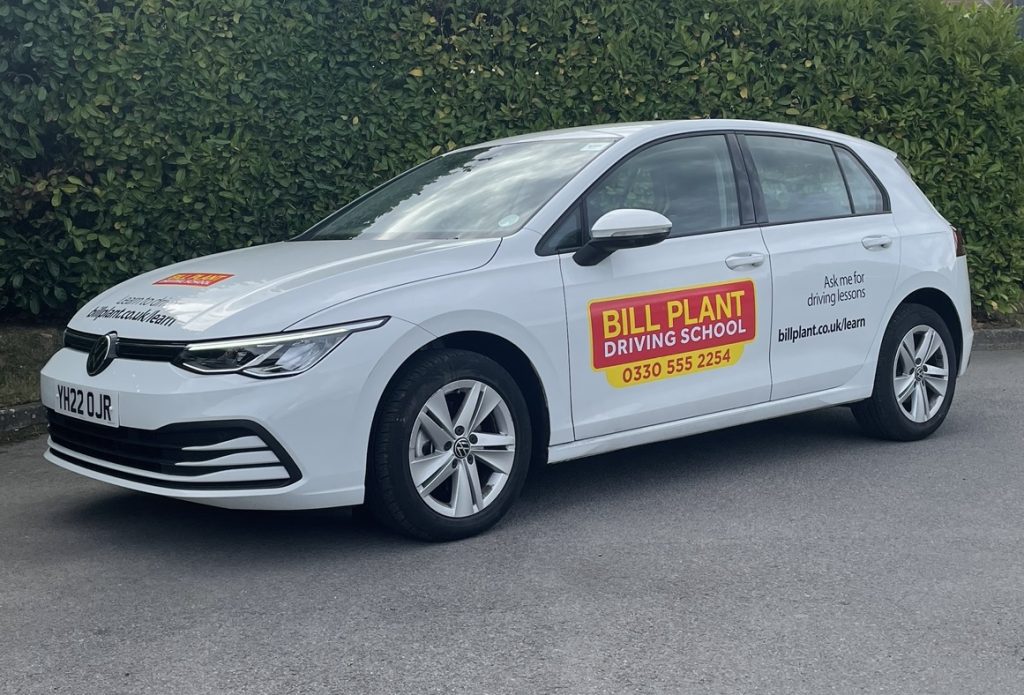For many people, learning to drive is one of the most important milestones in life. Whether it’s to gain your own independence on a day-to-day basis, a requirement for a new job or you simply want the freedom to go out and explore the world, getting a driving licence really can open a lot of doors!
But, if you’re thinking about learning to drive, should you opt to take your lessons in an automatic or a manual car? What are the pros and cons of both, and what should you take into consideration before deciding which is right for you?
In this blog, our instructors will take a look at the benefits and drawbacks of learning to drive in an automatic car to help you can make an informed decision about whether it’s the way to go on your learn-to-drive journey.
What is the difference between automatic and manual cars?
For someone to understand what sort of driving lessons they’d like to take part in, it makes sense to touch upon the technical difference between manual and automatic cars. For now, let’s define it simply:
- Manual Cars: This means cars that are built with a manual transmission, which requires the driver to manually change to a higher or lower gear using the clutch pedal and gear lever.
- Automatic Cars: These cars are built with an automatic gearbox, which will automatically change gears as the driver accelerates and decelerates without the need for a manual gearbox.
The benefits of learning to drive in an automatic car
Driving an automatic car is a different experience from driving a manual car, and there’s no right answer as to which one people should choose. It’s all about personal preference. Below, we’ll talk through some of the reasons people choose to make the change to automatic.
- Ease of use for nervous drivers
The ease of use comes because of the lack of a gear stick and a clutch pedal. In theory, a nervous driver has less to focus on in an automatic car, meaning it can help take the pressure off, making it more likely to be able to learn to drive and pass their driving test.
- Easier than learning to drive a manual
If you know you’re only ever going to drive an automatic car, if you drive an electric car for example, learning to drive in an automatic car may be easier than having to get a full manual license. There’s no need to learn clutch control, which people can struggle with when starting out.
- A smooth driving experience
Automatic cars can provide a smoother ride for everyone inside the car, as the chances of stalling and jerky gear changes are taken away. If you plan on driving other people around often or doing lots of journeys on inner city roads where the traffic can be very stop-start, the smooth gear changes of an automatic might make the whole experience far more enjoyable.
- Physical inclusivity
Automatic cars are often a preferred choice for people with physical disabilities or certain medical conditions that may restrict their ability to move within the car. Learning in an automatic car provides an accessible pathway to driving for these individuals, enabling more control over their vehicle and a more pleasurable experience.
Are there any downsides to learning to drive an automatic?
Like we said before, choosing between an automatic and manual car is hugely down to preference. But, it’s always good to know exactly what you’re signing up for whenever you’re making the choice.
- Higher car cost
In today’s market, automatic cars are often more expensive than manual cars. The mechanical complexity of automatic transmission systems and technology contribute to this higher price. So, once you’ve learnt to drive in an automatic, expect to pay more for your first car.
As well, since automatic cars tend to have higher market values than manuals, they are more expensive to insure (about 20% more on average, according to Money Expert). Before you commit to learning how to drive in an automatic car, consider whether or not you are prepared to take on these additional costs.
- Maintenance and repair costs
Automatic vehicle maintenance is typically more expensive than manual maintenance since the inner workings of automatic gearboxes are more complex. For both the parts and the labour that are needed for routine servicing or repairs, expect to pay more if you drive an automatic car.
- Less driver engagement
Driving enthusiasts may find that driving an automatic car lacks the level of immersion and involvement that manual driving gives. Manual vehicles require drivers to take a far more active role when sitting behind the wheel which, in some cases, can make it easier to stay alert and focused on the road ahead.
- Future driving limitation
Learning to drive in an automatic and passing your test this way only earns you an automatic licence. If a situation arises where only a manual transmission vehicle is available, an individual who has exclusively driven automatic cars won’t be legally allowed to drive it until they’ve upgraded to a manual driving licence. Whereas with a manual licence, you can drive both transmission types from the get-go.
Learn to drive with Bill Plant Driving School
Here at Bill Plant Driving School, we offer a selection of different lesson structures to suit anyone. You can get in touch with one of our team to find out more about automatic driving lessons.
FAQs
Do you pass quicker in an automatic car?
Even though you might think that it would take less time to pass your driving test when learning in an automatic car, DVSA pass rate data suggests that this isn’t actually the case. The 2021/22 automatic pass rate was 41.7%, whilst the manual pass rate was 48.9%.
How many lessons does it take to learn to drive an automatic car?
The average number of lessons it takes UK learner drivers to pass their automatic driving test is 40. This is based on each lesson being 1 hour long. Regardless of whether you learn to drive in a manual or automatic vehicle, though, the important thing to remember is that everyone learns at a different pace! Some people take to driving far quicker than others and, as such, will need fewer lessons before they feel confident and competent enough to book their test.

